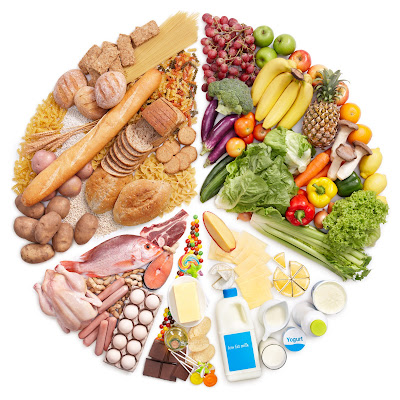Quenching the Thirst for Weight Loss: The Impact of Hydration and Practical Tips for Wellness
Introduction:
In the pursuit of a healthier lifestyle and effective weight loss, the role of hydration often takes a back seat. However, the connection between staying adequately hydrated and shedding those extra pounds is profound. This article delves into the impact of hydration on weight loss and offers practical tips to maintain proper hydration levels for overall wellness.
The Impact of Hydration on Weight Loss:Metabolism Boost:
Staying hydrated is linked to a boost in metabolism. Research suggests that drinking water can temporarily increase your metabolic rate, aiding in calorie burning. This is especially beneficial when combined with a healthy diet and regular exercise routine.
Appetite Regulation:
Dehydration can sometimes be mistaken for hunger, leading to unnecessary snacking and overeating. Drinking water before meals can help curb appetite, promoting a feeling of fullness and reducing the likelihood of consuming excess calories.
Enhanced Exercise Performance:
Proper hydration is crucial for optimal physical performance. When exercising, the body loses water through sweat, and dehydration can lead to fatigue, decreased endurance, and reduced ability to burn calories efficiently. Ensuring adequate fluid intake supports your exercise goals and overall weight loss efforts.
Practical Tips for Maintaining Proper Hydration Levels:
Set a Water Intake Goal:
Establish a daily water intake goal based on factors such as age, weight, and activity level. The "8x8 rule," drinking eight 8-ounce glasses of water a day, is a common guideline. Adjust this based on individual needs and lifestyle.
Carry a Reusable Water Bottle:
Having a reusable water bottle on hand serves as a constant reminder to stay hydrated. It's convenient, environmentally friendly, and encourages consistent sipping throughout the day.
Infuse Water with Flavor:
If plain water isn't enticing, infuse it with natural flavors. Add slices of citrus fruits, cucumber, mint, or berries for a refreshing taste without added sugars or calories.
Monitor Urine Color:
Keep an eye on the color of your urine to gauge hydration levels. Pale yellow or straw-colored urine usually indicates proper hydration, while dark yellow may suggest dehydration.
Include Hydrating Foods:
Incorporate water-rich foods into your diet, such as fruits (watermelon, oranges) and vegetables (cucumbers, celery). These contribute to both hydration and overall nutritional intake.
Create a Hydration Routine:
Establish a routine by drinking water at specific times during the day. For example, have a glass when waking up, before meals, and before bedtime. Consistency is key to maintaining hydration.
Conclusion:
As we navigate the path to weight loss and overall well-being, the significance of proper hydration cannot be overstated. From boosting metabolism to regulating appetite and supporting exercise performance, staying adequately hydrated is a cornerstone of a healthy lifestyle. By incorporating practical tips like setting hydration goals, carrying a water bottle, and infusing water with natural flavors, individuals can seamlessly integrate proper hydration into their daily routines, contributing to successful weight loss and enhanced overall health.
.png)



Comments
Post a Comment